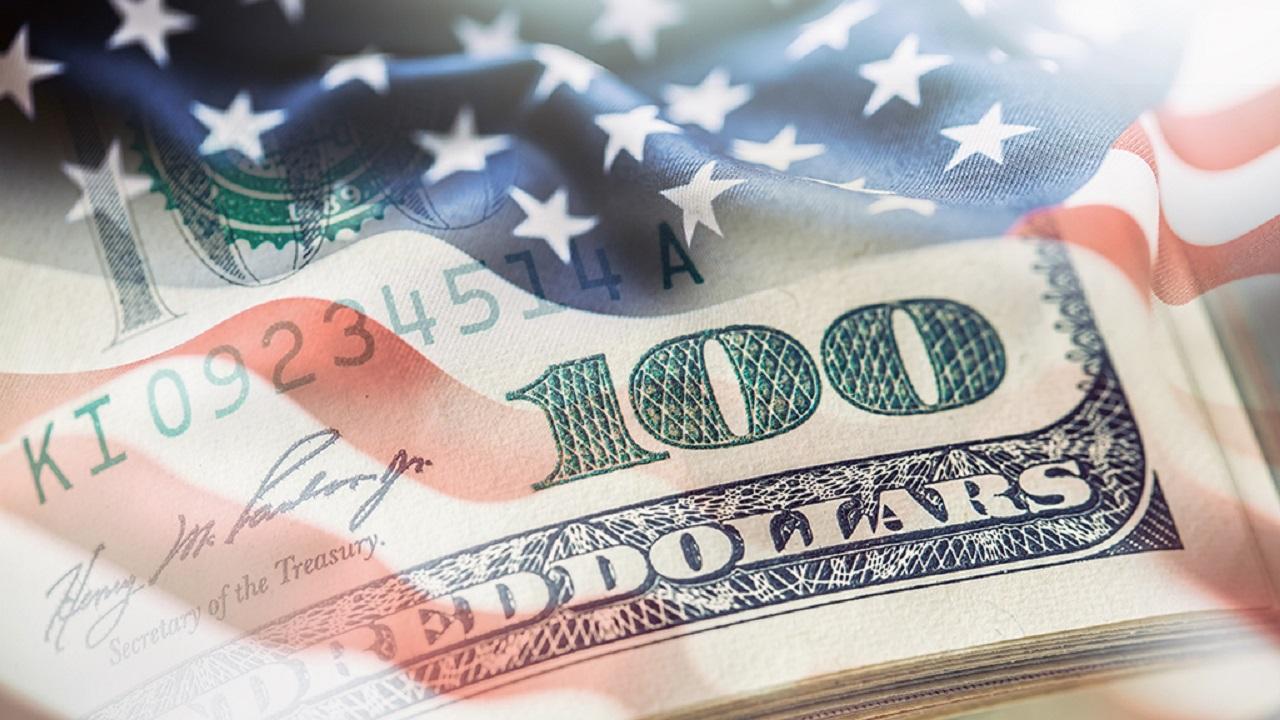When is your coronavirus stimulus check arriving? Here's how to track it
The distributions are part of the $2.2T CARES Act signed into law by President Trump at the end of March
Get all the latest news on coronavirus and more delivered daily to your inbox. Sign up here.
The first wave of coronavirus stimulus checks were deposited in Americans’ bank accounts beginning on Saturday, and millions more can expect to see the cash arrive soon.
By Wednesday, the IRS is expected to have deposited between $50 million to $60 million worth of checks, a senior Treasury official told FOX Business.
But for those who haven’t received their payment yet, the Internal Revenue Service is expected to release a new tool so taxpayers can better gauge when the money is arriving. The IRS said Americans can check the status of the payment at IRS.gov/eip, including the date it's scheduled to be deposited or mailed.
If you do not see the money in your bank account, you can also use the tool to ensure the IRS has your direct deposit information.
HOW TO GET YOUR STIMULUS CHECK
The distributions are part of the $2.2 trillion CARES Act signed into law by President Trump at the end of March.
At the heart of the largest relief plan in recent memory is $1,200 checks for individuals who earn less than $75,000 annually, $2,400 for couples who earn less than $150,000 and $500 for every child. The payments are tapered for higher-earners and phase out completely for individuals who earn more than $99,000, or couples who earn more than $198,000.
The cash is intended to blunt the financial pain for Americans caused by the coronavirus pandemic, which brought the economy grinding to a halt. In three weeks alone, more than 16 million Americans filed for unemployment, the Labor Department said last Thursday. The record-shattering number is a stunning sign of the depth of the economic calamity inflicted by the virus outbreak.
CORONAVIRUS STIMULUS CHECKS: WHO GETS MONEY AND WHEN?
The speed at which the money is distributed depends on people’s tax-filing method -- and whether the government has their banking information. Electronic payments can be disbursed quicker than cash checks, which must be printed and mailed separately.
An estimated 80 percent of tax filers will be able to easily receive the money because they already have shared account information with the IRS.
“If we have your information you’ll get it within two weeks,” Mnuchin said last week. “Social Security, you’ll get it very quickly after that. If we don’t have your information you’ll have a simple web portal, we’ll upload it. If we don’t have that, we’ll send you checks in the mail.”
If Americans did not file a 2019 or 2018 tax return, which will be used by the agency to calculate eligibility, the IRS has instructed them to file a “simple tax return,” with basic filing information like filing status, the number of dependents and bank information.




















